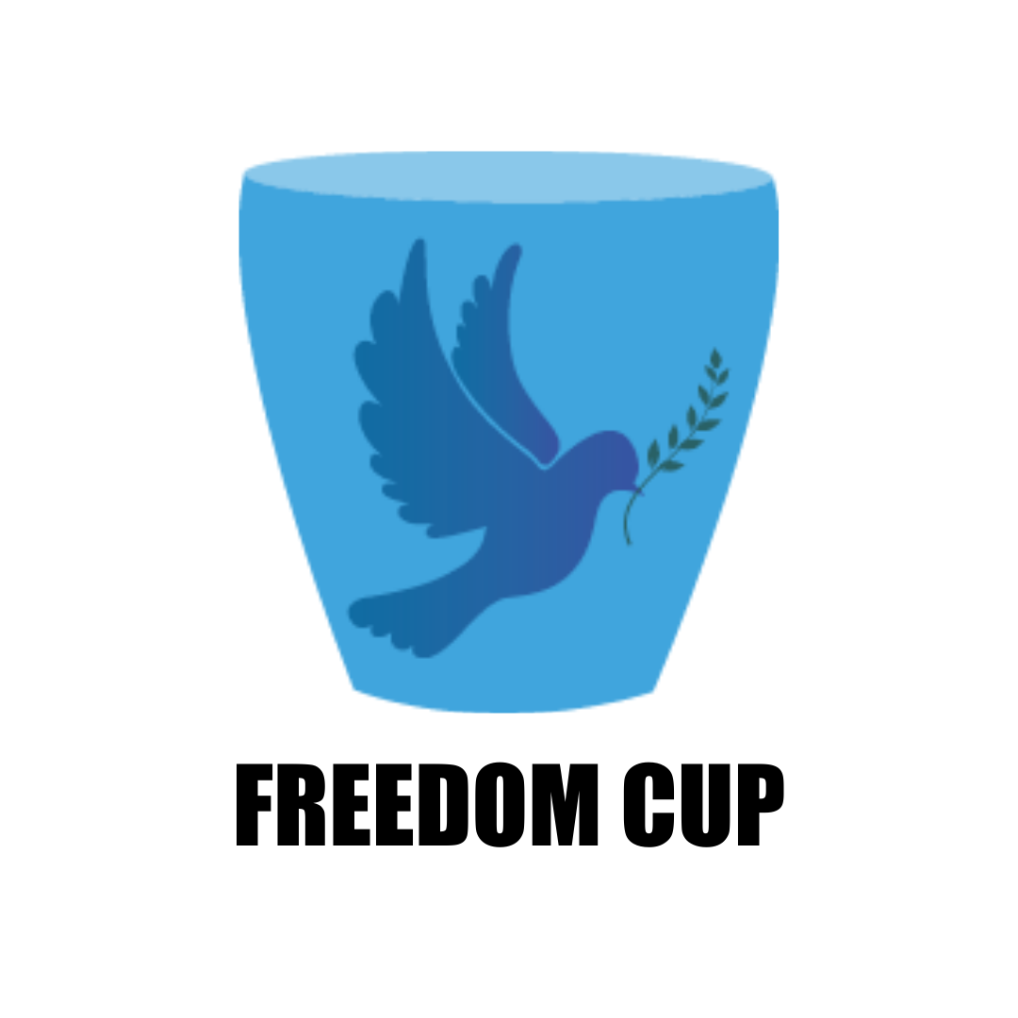Let’s discuss ‘that child’ found in many education and care settings. However, let’s not label him ‘that child’, and respectfully use his real name, Jacob. Jacob is spirited, energetic and a non-conformist. When all the obedient children are sitting on the carpet, Jacob is playing with dress ups and refusing his educator's attempts to control him. When he and other children are happily playing outside then asked to come inside, the other children resign to compliance. Not Jacob. He refuses to abandon his outdoor play time, to come inside and hear a story he has heard a thousand times. He knows that he’ll just struggle to sit still anyway, so the story will be constantly interrupted with his educator's attempts to behaviour ‘manage’ him into what is perceived by the adults in his room as ‘listening behaviour’. He would much prefer to keep moving, climbing, running and jumping in the outdoor space, as children of his age need to do. So he does.

Freedom is a basic human need. Basic. Human. Need. Jacob’s freedom cup needs filling (See the Phoenix Cups Resources for more info) and in a learning environment that is frequently emptying that cup, he becomes exceptionally creative at compensating for that. He will get freedom. He will insist on it! You see, Jacob is not like most of the other children who will grudgingly obey. He is not seeking the extrinsic reward in the form of praise from his educator. He is motivated intrinsically to play, move, learn and grow in the outdoors. He has a deep urge to interact with the natural world. When he is outdoors he is wholly in the moment, connected and in
However, Jacob knows, that at 10 a.m. each day his educators will transition all twenty-two children in his class inside where the children will be herded through a room routine that involves all children sitting, listening, lining up, waiting, hand washing, eating and sleeping at the same time. Once his educators manage to get him inside, the doors will be closed. He will be trapped. Jacob’s strong need for freedom means he despises this feeling. Jacob is outgrowing his midday sleep time. Regardless, he is forced to stay
Throughout the course of the year, Jacob’s educators will be forced to reflect on their practices, consult a behaviour specialist, attend professional development, network with colleagues, find a mentor, request support to include him and even learn about new concepts for understanding children's behaviour, like The Phoenix Cups. Eventually, Jacob’s teachers will learn new things. They’ll realise that providing a flexible program that respects each child's individual rhythms is not only respectful but possible. They will fill cups. They will decide to allow children to move inside or outside for most of the day. This will see some children still playing outside under the shade of a tree at midday, while others choose to move inside earlier. It will become apparent that transitioning Jacob and all the children to a meal at once while Jacob is deeply involved in play outside will result in behavioural challenges. For this reason, his educators have learnt to respect his deep level involvement, then nurture it and foster it. So,
Jacob’s educators will learn about sensory development and understand children’s need to move to develop and integrate their senses. They will discover new knowledge about the developing proprioceptive and vestibular senses and realise this development is much more important in the early years than a ‘school readiness’ program that focuses on developmentally inappropriate outcomes (for Jacob) of phonics, scissor skills, counting and letter recognition through rote teaching and indoor activities and forced group times. As a result of their new understanding about children’s development, the educators will increase physical challenges in the learning environment with rope ladders, higher climbing frames, and start allowing children to lift, push and pull heavy things, climb the trees and hang from the branches like they’ve always felt the urge to do. Jacob’s educators realise they will need to know about the benefits of supervised risky play then how to articulate this information to families. Their research around this soon inspires them to stop risk managing by removing risk and start making informed
Jacob has, in effect, transformed the childhood experience of all the children in his learning environment. He’s an activist. He burst into the lives of his educators and shook things up. Practices that had continued simply because they were always done that way were reflected upon, rethought and evolved. New ideas were considered. Evidence and research
By Sandi Phoenix
Principal Facilitator at Phoenix Support for Educators
Credit to